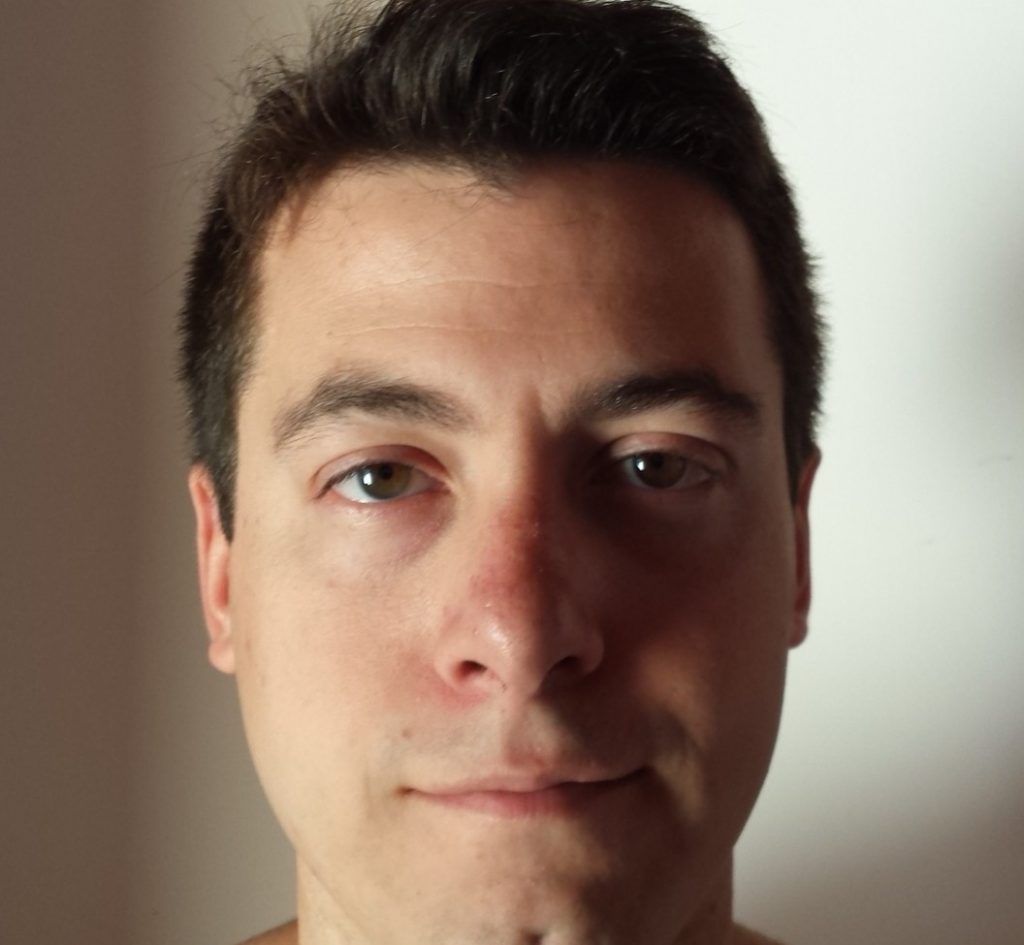Alejandro Wajner (Born 1987), manager at Barraca Sanitaria Paysandú, I am the chairman of the Jewish community in Paysandú, the capital of Paysandú district in western Uruguay.
In your opinion, what importance, if any, does the existence of a Jewish state have to you personally and to Jewish people in general?
“The importance is self evident in every aspect of the jewish existence, from the cultural production to the shelter that provides in extreme cases. Personally i have a long standing connection that is both sentimental and ideological with the state of Israel.”
Do you feel committed in some way to defend the future existence of Israel?
“Of course. The diaspora committed Jews are already defending the state in lots of ways: university campuses, fund raising and contributions, Internet forums, written press and constantly raising the flag of the legitimate self-determination of the Jewish people.”
Do you affiliate yourself with a specific confessional division in Judaism? What is your view regarding the dominance of the Orthodox division in Israel religious establishment?
“I consider my self a non believing Jew, a cultural Jew i might say. The heritage of the status-quo Ben Gurion arrangement is the most threatening element in the current Jewish world.”
Do you feel morally responsible for Israel’s actions (such as its management of the Israeli-Palestinian conflict)?
“I feel morally attached but not responsible. One of the more important facts that a Jewish community in the diaspora needs to learn (for political survival purposes) is to disengage itself from the political decisions in Israel.”
In your opinion, what is the main thing Israelis fail to understand about the reality of being Jewish outside of Israel?
“The fact that here you live a life within a life, i.e., being a Jew means to constantly extend bridges between the 2 worlds.”
How would you describe Israel’s policy (formally and in practice) regarding its relationship with the Diaspora?
“‘Decrescendo’. Every time less investment in educational support (both formal and non formal) and less participation in the community life.
In your opinion, does Israel have an obligation to defend and help Jewish communities in need?
“Totally. That was, and no other, the raison d’être of the erection of the country.”
Have you ever been to Israel? if you have, can you summarize your impression from the Israeli reality?
“I have been in Israel many times. One of them for a whole year. Israel is a very vibrant country with which is very hard not to ‘fall in love’ very easily.”
Can you tell us a bit about the Jewish community in your hometown? Is it organized? Are there community activities?
” I lived my hole life in Montevideo, which is Uruguay´s capital city. It has a large and organized Jewish community. Since 2012 I have been living in Paysandu, which has a much smaller community (about 50 people). It has a synagogue and the Jewish life is organized around the major holidays. Slowly a new generation is arousing with new contributions to the Jewish life.”

